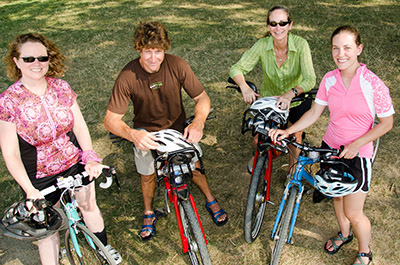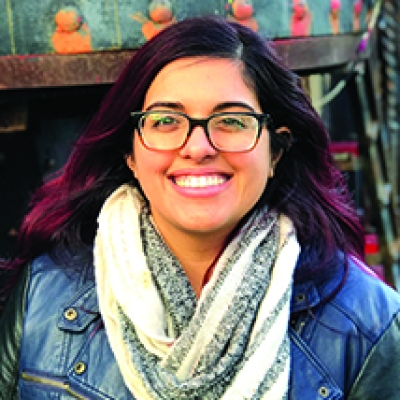November 1st is National Authors Day. At Island Press we are fortunate to work with incredibly passionate and knowlegeable authors. From the moment that we get their proposals to marketing their finished books, we learn from their vast expertise and enjoy the dedication that they bring to the important issues we cover. In celebration of their day, we asked the editors about what their experience working with authors.
What do you enjoy about working with Island Press authors?
Heather Boyer: The thing that I enjoy most about working with Island Press authors is their dedication to addressing the critical challenges facing the future of our planet and the people on it. The people who work at Island Press share this commitment. As a result of the close collaboration between IP and our authors, we often develop close relationships, especially with repeat authors. Some become friends and feel like family. For example, after many years and three books with Jan Gehl, I had the opportunity to go to Copenhagen with my family for his 80th birthday and meet his family and friends.

Elizabeth Farry: It’s great to play a small part in helping our authors spread the word about important issues.
Courtney Lix: I enjoy the passion my authors have for the topics they're writing about!
Emily Turner: Island Press authors are wonderful teachers. Working here is like taking an ongoing course in environmental studies, with the world’s leading experts as my professors.
Do you have any anecdotes that you would like to share?
Heather Boyer: An Island Press editor once told me that it is the conversations that happen outside of a conference or a scheduled meeting that can be the most important. I have found this to be true and have met authors (and prospective authors) on airplanes, in bike lanes, at a holiday meal, in the dog park, and, once at the sink in the ladies room.
Courtney Lix: Several years ago, one of our authors, John Davis, was traveling from Quebec to Florida to understand landscape connectivity along the East Coast ("in search of an Eastern wildway"), so when his route took him close to DC, a group of about 5 of us at Island Press joined him for a ride through the city on a 100+ degree summer day! It was soo hot, but a lot of fun!

Emily Turner: Writing about the environment can feel like a lonely niche. Attending the annual conferences of the Society of Environmental Journalists and National Association of Science Writers this month was an invigorating reminder that there are large numbers of committed journalists who are telling important environmental stories every day.
What advice do you have for aspiring authors in this field?
Heather Boyer: Think about why the information you want to convey should be in a book. Getting positive feedback from speeches, blogs, and on social media does not necessarily translate to interest in purchasing the information in book form. Having your elevator “speech” ready can be important in selling the book to an agent/publisher and then to potential readers (and think 4-6 floors in the elevator, not 40).
Courtney Lix: Seek out other books that you think are for a similar audience. As tempting as it may be to say "no one has ever written a book like this," it's more impressive if you can talk about how your book builds on or expands ideas in existing books, in an insightful way.
Emily Turner: Mark Twain’s adage, "The more you explain it, the more I don't understand it," is particularly applicable to writing about the environment. Remember that jargon, excessive technical detail, and overly complex sentence structure tend to obscure your meaning rather than elucidate it.


